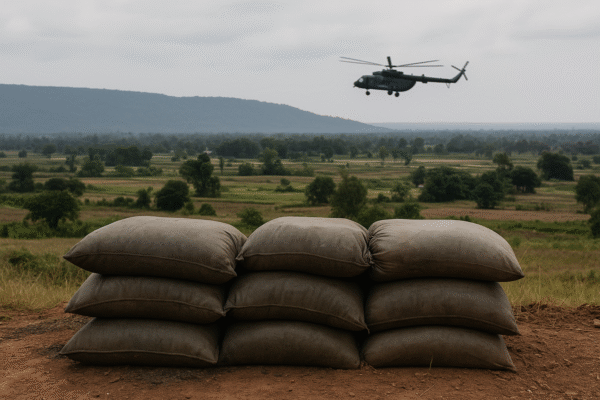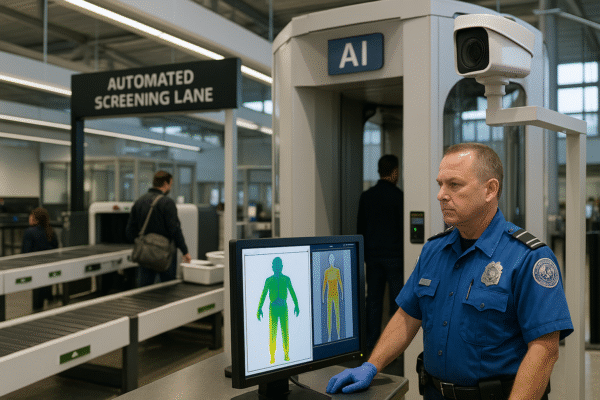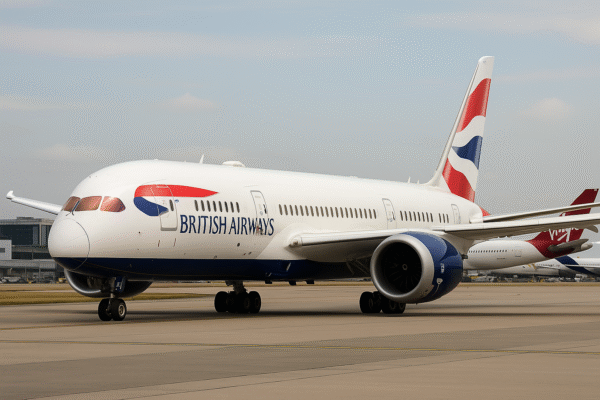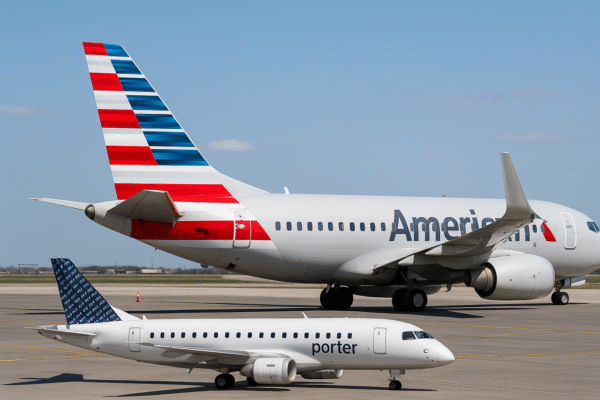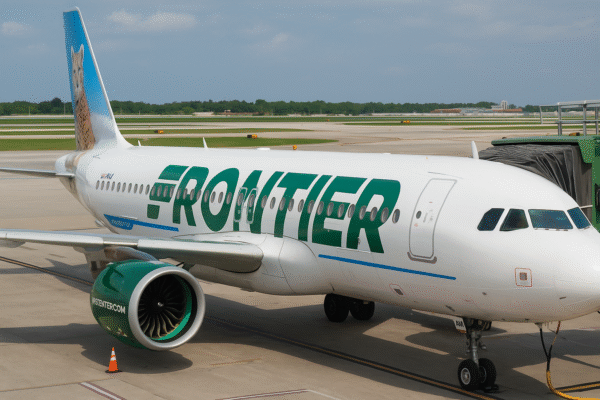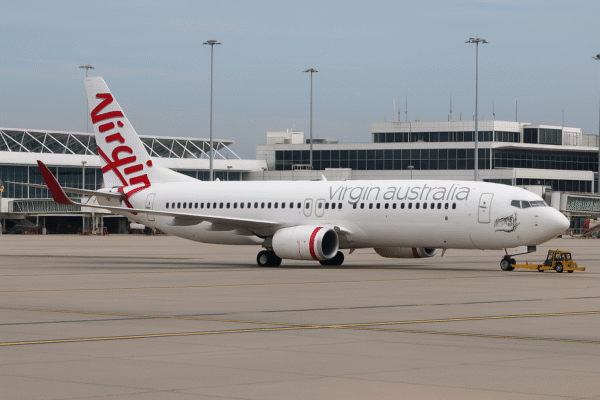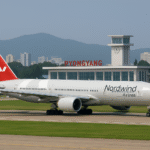Virgin Australia Plane Suffers Ground Collision at Melbourne Airport; Safety Protocols Under Review
Melbourne, Australia – July 28, 2025 — A Virgin Australia Boeing 737 sustained significant fuselage damage during a towing operation at Melbourne’s Tullamarine Airport on Sunday, July 27, 2025. The aircraft, which was being moved for scheduled maintenance, detached from the tug vehicle, resulting in a collision that caused a large gash on the plane’s side. Fortunately, no passengers were onboard, and there were no injuries reported.
Virgin Australia swiftly confirmed that the incident would not impact flight operations, with all Monday, July 28 flights proceeding as scheduled. The airline’s prompt and transparent communication underscores its commitment to safety and operational reliability in Australia’s highly competitive aviation market.
Aircraft Detached from Tug Vehicle During Tow
According to preliminary reports, the ground collision occurred as the aircraft was being transported from the tarmac to a maintenance hangar. During the process, the tug vehicle became disconnected, leading to the aircraft veering off path and striking the ground. The left wing reportedly scraped the pavement, and the force of the impact caused a hole several feet long in the fuselage.
Emergency response teams at Melbourne Airport responded promptly and determined the damage, although significant, was repairable. The aircraft was immediately taken out of service for further inspections and restoration. The aircraft involved was not in commercial operation at the time of the incident.
No Flight Disruptions or Passenger Delays
Virgin Australia emphasized that the airline’s operations remained unaffected. No flights were cancelled or delayed as a result of the incident, and the airline confirmed that the damaged Boeing 737 was not scheduled for immediate use. Passengers continued to travel as scheduled, with airport operations running smoothly at Melbourne’s Tullamarine Airport (MEL), Australia’s second-busiest hub.
The airline stated in a public release:
“There were no passengers on board at the time, and no one was injured. The aircraft has been removed from service, and an internal safety review is underway. Flight operations remain unaffected.”
Investigation and Safety Review Underway
An investigation has been launched to determine how the aircraft became detached from the tug during the towing process. The Australian Transport Safety Bureau (ATSB) has been notified, although it remains to be seen whether the agency will take the lead in the formal investigation or delegate the review to Virgin Australia’s internal safety division in cooperation with Melbourne Airport authorities.
Key areas of focus include the condition of the towing equipment, communication protocols between ground personnel, and standard towing procedures. Investigators will examine whether mechanical failure, human error, or a procedural lapse contributed to the incident.
Ground Handling Safety in Focus
This event follows a series of similar ground-handling incidents in Australia, including a case earlier this year where an aerobridge damaged a Qantas Airbus A380 at Sydney Airport. While such accidents are rare, they highlight vulnerabilities in apron operations — the space where aircraft are maneuvered on the ground.
Aviation safety experts recommend several improvements to avoid similar incidents:
- Enhanced Ground Crew Training: Comprehensive and recurrent training for ground crew in towing operations and emergency response protocols.
- Regular Maintenance of Towing Equipment: Ensuring that tow vehicles and attachment mechanisms are routinely inspected and maintained to prevent mechanical failures.
- Advanced Communication Systems: Use of real-time, fail-safe communication tools between tow drivers, ground crews, and maintenance teams.
- Deployment of Safety Technologies: Integration of GPS-based towing guidance systems and secure-lock mechanisms to prevent accidental disconnection.
- Improved Incident Reporting Systems: Establishing a transparent and responsive system to record, analyze, and act upon minor ground incidents before they escalate.
The International Air Transport Association (IATA) and Australia’s Civil Aviation Safety Authority (CASA) both stress the importance of robust ground operations as part of comprehensive airline safety management systems.
Virgin Australia Reinforces Safety Commitments
Virgin Australia, headquartered in Brisbane, has invested heavily in reliability and customer satisfaction following its 2020 restructuring. The airline, now majority-owned by Bain Capital, has steadily rebuilt its domestic and short-haul international services and has positioned itself as a strong competitor to Qantas in the post-pandemic market.
In a statement following the incident, Virgin Australia reaffirmed its dedication to “ensuring the highest standards in ground operations and passenger safety.” The airline also noted it will implement any necessary corrective actions based on the findings of the investigation.
Conclusion: No Injuries, No Delays, and a Lesson in Ground Safety
While the incident at Tullamarine Airport did not lead to injuries or disrupt passenger travel, it highlights the need for constant vigilance in all aspects of airport operations — not just in the skies but also on the tarmac. Ground handling procedures, often taken for granted, play a critical role in airline safety and operational continuity.
With the aviation industry experiencing a resurgence in travel demand, especially across Australia’s domestic routes, ensuring robust safety systems is more crucial than ever. Virgin Australia’s swift response and commitment to transparency send a reassuring message to travelers and industry stakeholders alike.
As the ATSB and Virgin Australia continue their reviews, this incident will likely inform new safety measures, reinforcing Australia’s reputation for stringent aviation oversight and safety excellence.
For more travel news like this, keep reading Global Travel Wire







